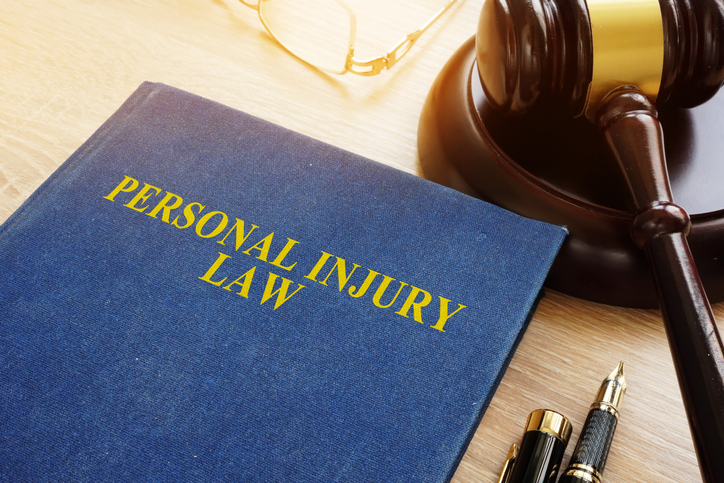Common Legal Terms Florida Accident Victims Should Know

In order to assist a Florida car accident attorney with your accident claim, there are certain terms of which you should be aware. This will allow you to speak with your attorney more effectively and save valuable time.
Legal Terms Every Accident Victim in Florida Needs to Know
Some of the most important terms include:
- Adjudicate: To resolve a legal case.
- Assumption of Risk: When a person voluntarily proceeds with a risk despite obvious and known danger, thereby surrendering any claims for damages.
- Claim: A civil action relating to the physical or mental harm suffered by the plaintiff, or on behalf of the injured victim, due to unlawful actions on the defendant’s part.
- Class-action Lawsuit: A suit filed by a plaintiff or plaintiffs on behalf of themselves and as representatives of others.
- Damages: Payment, usually monetary, recovered in a civil court case for an injury or loss caused by another person’s unlawful acts.
- Defendant: The party against whom the civil lawsuit has been filed by the plaintiff.
- Duty: In cases of negligence, a “duty” refers to an obligation to provide a certain standard of care.
- Lawsuit: A court action brought by one person (the plaintiff) against another (the defendant), with the goal of seeking compensation for some injury or punishment of a wrong.
- Liability: An obligation one is bound to by law to perform; typically involves the payment of monetary damages.
- Litigation: The process of taking legal action and/or filing a lawsuit.
- Medical Malpractice: Negligence by a professional health care provider, such as a doctor or surgeon, who departs from the applicable standard of care.
- Negligence: Put simply, it is carelessness. More specifically, in civil law, negligence is conduct that falls below the standard of care established by law for the protection of others against unreasonable risks of harm.
- Personal Injury: The area of law that covers all physical, financial, and emotional injuries caused by another person or party’s negligence in using reasonable care.
- Plaintiff: In civil law, the person or party who brings the legal action or files the lawsuit; also called a complainant.
- Premises Liability: The legal responsibility of a property owner or occupier of a property to provide compensation to people who sustain certain injuries while on their premises.
- Products Liability: The area of civil law that holds manufacturers, distributors, suppliers, retailers, and other parties who make a defective product available to the public responsible for injuries that the faulty product causes.
- Settlement: An agreement between both parties before or during a lawsuit.
- Standard of Care: For cases of negligence, the degree of care that a reasonable person would have applied under the same or similar circumstances.
- Statute of Limitations: The amount of time given by law for a plaintiff to file a lawsuit.
- Strict Liability: A legal doctrine that holds a defendant liable for harm caused by their actions regardless of their intentions or level of care.
- Tort: A private wrong or injury committed against a person or property, resulting in legal liability. Personal injury arising from negligence is a common example of one type of tort.
- Verdict: A judge or jury’s decision on a case.
- Vicarious Liability: The liability of one person for the torts of another.
- Workers’ Compensation: Mandatory insurance that almost all employers are required to hold in order to cover their employees for economic losses due to a job-related injury or illness.
- Wrongful Death Action: A lawsuit filed against an individual or company for the death of a person due to negligent or wrongful behavior.
Contact a Florida Car Accident Attorney For More Information
It’s important for a claimant to understand certain legal terms. This will help you communicate efficiently with your Florida car accident attorney at Searcy Denney. We offer a free consultation and work on a contingency fee basis, which means you don’t pay unless you recover. If you need our help, contact us online today.
Share This


